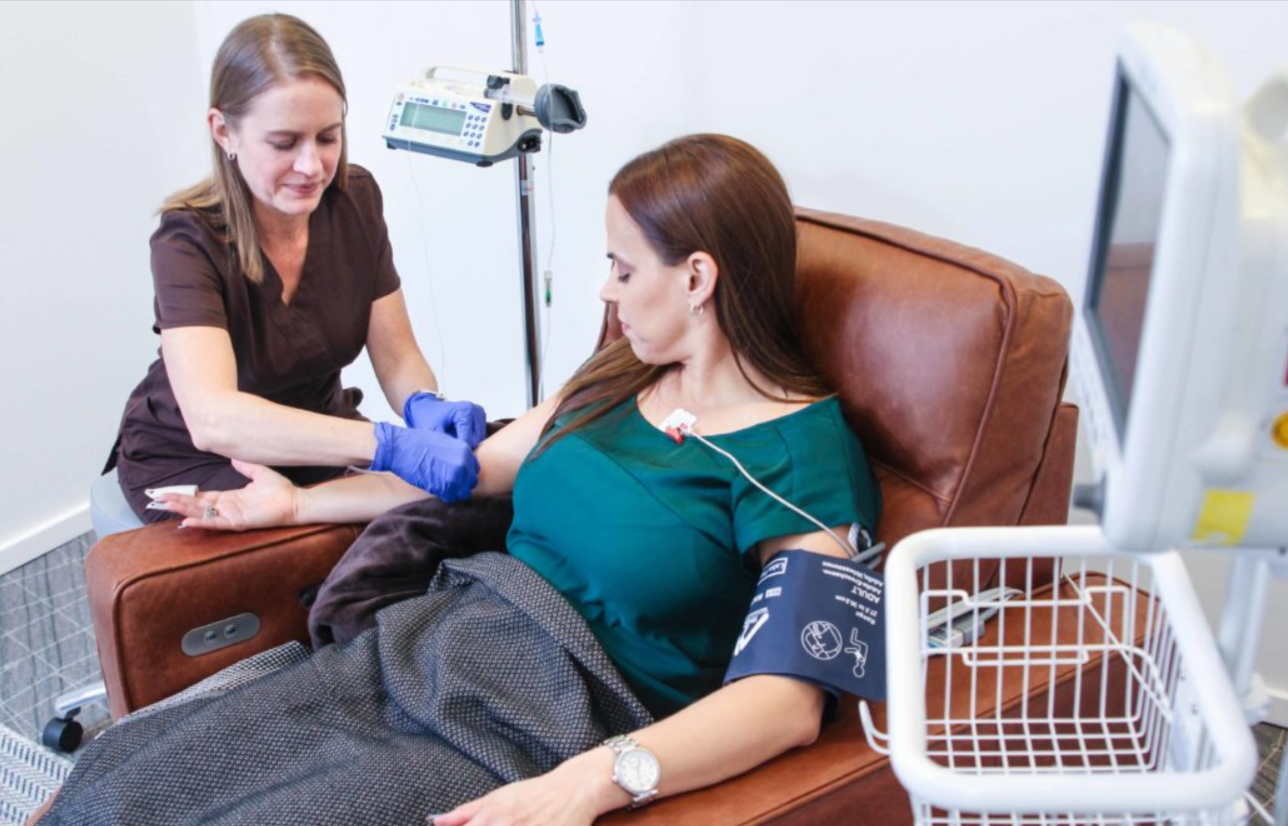Ketamine is a common drug that many people know. It has been used as an anesthetic in medicine for more than 50 years. Ketamine can also be used as a recreational drug if it is abused. Most people don't realize that ketamine can also be used as a treatment for depression. The research into ketamine for depression began in 2000. With amazing results, the medication has become an alternative treatment for those with severe depression.
Ketamine is significantly different from other antidepressants. Standard antidepressant medications cause the body to react temporarily to their presence. This alters neurotransmitter activity or supply. The effects of antidepressant medication are temporary and disappear when the patient stops taking them. The brain can be affected by ketamine almost immediately after it has been administered. The brain can regrow neural connections by activating glutamate production when ketamine enters its bloodstream. Ketamine does more than mimic healthy neural activity. It allows the brain to rebuild and strengthen damaged neural circuitry. This unique mechanism is believed to be responsible for ketamine's remarkable results as a treatment for depression. It is also the first medication ever developed for depression that was based on scientific hypothesis and not an “accidental” discovery.
Clinical trials have shown that ketamine treatment can make a significant difference in the lives of up to 70% patients suffering from treatment-resistant depression. Nearly half of patients respond within a few hours after receiving their first dose. The most important discovery about ketamine is its ability to produce results that can last months, or even years. This is a very positive aspect for those who don't want medication every day. Ketamine treatment is safe and well-tolerated. There are many ways to administer ketamine, with the most popular being nasal spray and intravenous injection.
Ketamine infusions are commonly known for IV ketamine. A typical ketamine treatment course takes 2-3 weeks. There are 2-3 infusions per day, which totals 6 infusions. The treatment is administered by a licensed health professional at a mental clinic. There are usually 2-3 infusions per week. Some patients report feeling lightheadedness, mild hallucinations, or floating sensations after receiving ketamine therapy. These symptoms usually disappear quickly. Patients may feel tired following sessions. It is normal for them to be driven home by a friend or family member. Additional sessions may be offered depending on how the patient responds to ketamine.
This nasal spray administration method is also known as or S-ketamine. FDA approved this form in 2019 for treatment-resistant depressive disorder. Side effects, safety, treatment, and course of action are the same as ketamine injections. There are also intramuscular injections and rapid dissolve tablets of ketamine that can be purchased at mental health clinics.
Research continues to show ketamine as a promising treatment option in a number of other conditions such as anxiety, PTSD and chronic pain. Ketamine should always be used in conjunction with psychotherapy or other treatment for depression. The individual and comprehensive treatment of mental health should be individualized.
